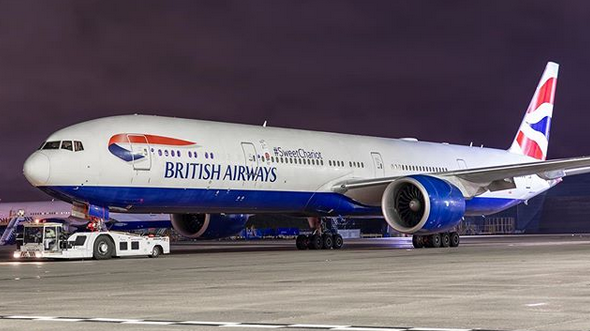Once a vibrant destination for northern European cruises and for the youth to enjoy a cheap nigh out, Riga is today struggling to attract tourists, with the Russian invasion of Ukraine scaring away travellers to the Latvian capital.
1. Proximity with Russia
The Baltic country, once a former Soviet Republic, has strong links with Russia. Nearly one in four inhabitants of Latvia is Russian, rising to 38% of those living in Riga — compared with 44% who identify as Latvian. Not only Latvia’s relative proximity to the war is putting tourists off, the country’s history — and demographics — is not helping either, with many tourists fearing a move from Moscow to invade other regions that once belonged to the USSR. “At the moment, the biggest challenge is the war in Ukraine, because the catering business is very closely connected to the tourism business. In particular, group and organised tourism or business tourism have declined greatly. Latvia is relatively close to Ukraine. Maybe it looks like we’re very close,” Jānis Jenzis, founder and president of the Latvian Restaurant Association told the Latvian Radio.
2. Tourism trends
Tourism figures had already been shattered with Covid-19 leading to the closure or severe restrictions for the hospitality sector. With the war breaking on February 24, hope for recovery has fallen apart. In 2021, Latvia welcomed 1.9 million foreign travellers, a decrease of 39% compared with 2020. Now, these numbers are expected to drop even further. Latvia is a popular destination among Russians, many of whom have properties in the seaside town of Jurmala. With the sanctions imposed to Moscow, Russians are not allowed to travel to the EU, of which Latvia is part of.
The prime time to travel to Latvia usually is summertime so I would say tourism and hospitality industry will suffer this year once again.
lze Dembovska, of the Latvian Investment and Development Agency, quoted by Time Out
Confirming this scenery, the Latvian Hotel and Restaurant Association said that up to 60% of all hotel bookings have already been cancelled.
3. ’Baltic bubble’
Like during the pandemic, Latvia is hoping for a ‘Baltic bubble’ to offset the lack of foreign tourists in the country. By travelling freely across the Baltic states, its citizens can support each other’s tourism industries.













